The Ukraine conflict has been dominating the mainstream news of late to such an extent that you cannot avoid it. Every major news outlet is covering the conflict with Russia in extraordinary detail. In this article we explore the fascinating history of Islam and the Muslims in the region, a chapter which is largely ignored. We will also touch on the way this conflict is being covered by mass media, and some lessons we can take from the fallout. This is not a political analysis to determine who is right or wrong.
Is there a place for political analysis in Islam?
Should we be bothered with the political maneuverings on the global scene? Most certainly.
- Allah Ta’ala speaks about the ongoing power struggle between the Persian and Roman Empires in the Noble Quran. The verses outline the current situation at the time of early Islam and how it would play out in the near future. The early Muslims followed the developments in this conflict closely.
- When Hazrat Abu Bakr and Hazrat Umar radhiallahu anhuma launched the military campaigns to conquer the Roman and Persian Empires, the strategies they adopted showed that they had an excellent understanding of the political landscape in these areas. Umar radhiallahu anhu would issue directives on how the campaign should unfold, which routes to use, etc.
- The Prophet sallallahu alaihi wa sallam selected Abyssinia (present day Ethiopia) as a place of refuge for the persecuted Muslims of Makkah Mukarramah. Out of all the options available, he chose the most appropriate country, a place on another continent yet one whose king was deeply sympathetic to the Muslim cause, and who eventually accepted Islam.
We need to keep abreast of world political developments, but we also need to ensure that we don’t get caught up in the mainstream media analysis of matters political and gain the wrong understanding as a result.
Early days of Islam
Islam in Ukraine has a long and fascinating history. Arab traders had already been visiting the south of Ukraine from the time of the Abbasid Caliphate around the Sea of Azov, Kharson and other areas. But Islam really comes into power in Ukraine after the Mongols of Genghiz Khan start their conquests of the region. Genghiz dies in 1227 and his grandson, Batu Khan completes the invasions of the Russian territories and Ukraine 1237-1242. His brother Berkai Khan, son of Genghiz Khan’s eldest son, takes control of the western quarter of the Mongol Empire which included Ukraine.
In 1258 Berkai Khan become a Muslim and an amazing chapter in Muslim and world history begins. The elite of the Mongol leadership take to Islam and the masses follow. By the 1330’s three of the four major Mongol Khanates had become Muslim, and they go on to become the defenders of Islam where once they strove to eradicate it.
In the meantime, Hulagu, another grandson of Genghiz Khan, set about destroying Muslim lands in Syria, sacked Baghdad and was set on marching into Palestine and possibly beyond. He had the Abbasid Caliph Al Mustasim killed. Hulagu’s cousin Berkai Khan, now a Muslim, becomes enraged at the attacks on his fellow Muslims. He forms an alliance with the Mamlukes of Egypt and Hulagu’s forces are defeated at Ain Jalut in Palestine.
Ukraine now becomes essentially a Muslim ruled country. Russia was still not yet a united country. By 1380 this starts to change, and Russia begins attacking Muslim lands. In 1547, under Ivan he destroys the Muslim forces at the Volga River and advances east. By the rule of Catherine of Russia, in the late 18th century, the Russians defeat the Ottoman Empire which was ruling Ukraine at that time and annexes Crimea. She sets about destroying Masjids and brings in Russians to change the landscape. The Muslims resist the invasions valiantly and, unlike Spain where they were ultimately eradicated, they remained in southern Russia and Ukraine, a situation that continues today.
Under the communist Soviet rule, the Muslims of Ukraine suffer religious persecution. In 1944, Stalin deported the Muslims of Crimea. Within three days they were sent into a deadly exile. 191,000 Muslims lost their lives in this genocide.
Ukraine today
Today Ukraine has 400 active Salaah places which include 200 Masjids, with another 100 under construction. Post communism, the revival of Islam is in full swing. Muslims comprise large percentages of the regions annexed and invaded initially by Russia such as Crimea in 2014, Donetsk and Luhansk. The capital Kyiv has a Mufti at the main Masjid there. Kharkiv’s Masjid was also rebuilt recently, and Mariupol also has a Muslim population.
Another interesting link to Ukraine is the fact that the wife of Ottoman Sultan Sulaiman, Khurram Sultana, was from Ukraine. She is the mother of Sultan Selim II and the grandmother of Sultan Murad III. Islam has a rich heritage and legacy in Ukraine.
Media portrayal of the conflict
The mainstream media portrayal of the conflict in Ukraine has exposed a blatant hypocrisy that has always been just under the surface. Ukrainians fighting the Russian invasion are hailed as heroes for defending their homeland. They are lauded in the news for aggressively attacking the invaders. They are welcomed as refugees without any red tape. Yet the same media denies this in its treatment of the people of Syria, Palesine, Kashmir, Iraq, Afghanistan and other Muslim lands. These Muslims are labelled as terrorists and militants for taking up arms to defend their countries. In fact, if you speak in favour of them, you are deemed an extremist.
It highlights the fact that mainstream media is essentially a tool of western imperialism. Don’t believe all you that they dish out without asking questions, and there should be no obligation to toe the line of their official narratives. There is no reason for having an inferiority complex in this regard. Learn the reality on the ground and stand for what is right no matter how you are labelled.
Russia is no friend of the Muslims. It continues to occupy Muslim lands in the same way that India and China do. Russia has carried out 17,000 air bombing attacks on the Muslims of Syria, propping up the oppressive regime of Bashar Assad. They invaded and occupied Afghanistan, decimated Chechnya and Daghestan, and are closely allied to the Serbs in the war on the Bosnian and Kosovan Muslims.
The western supporters of Ukraine are no friends of the Muslims. The hapless Muslims of Ukraine are caught in the middle of the current political game much as they were in World War II between communism and Nazism.
Lessons from this conflict
- Wherever injustice is perpetrated, Muslims need to stand up and speak against it. “Do not let the enmity and hatred for people prevent you from being just.” (Noble Quran 5:8) Empathize with those undergoing suffering no matter who it is. This is a distinguishing quality of Muslims, unlike the hypocrisy practiced by the West.
- Don’t become overwhelmed with anxiety. The economic fallout is predicted to be intense. Abu Hazim rahimahullah was told, “Don’t you see that prices have risen?” he observed, “Why does it make you sad? The One who provided for us when prices were low is the same Being who will be providing now that things are expensive.” We are taught in a Dua to ask for acceptance of the Divine Decisions of Allah Ta’ala (Ibn Majah). We accept all the conditions that are given to us, for the reality is that how can we ever escape it?
- Allah Ta’ala gives an example of a town that enjoyed peace and security, with its provisions coming in plenty from every place. When this town showed ingratitude for these favours by disobeying Allah Ta’ala, it faced hunger and fear due to insecurity. (Noble Quran 16:112) We need to look at our situation: where we once enjoyed relatively better safety and security, and an abundance of goods and business opportunities, we now face a high crime rate and financial instability. When unemployment rises and the cost-of-living increases, the crime rate goes up and fear permeates society. We have to face reality. By openly sinning, and the society wide increase in violating the laws of Allah Ta’ala, we are showing ingratitude for the blessings we once enjoyed. If we keep attributing these adverse situations to natural phenomena and blaming politics, when will we be motivated to change?

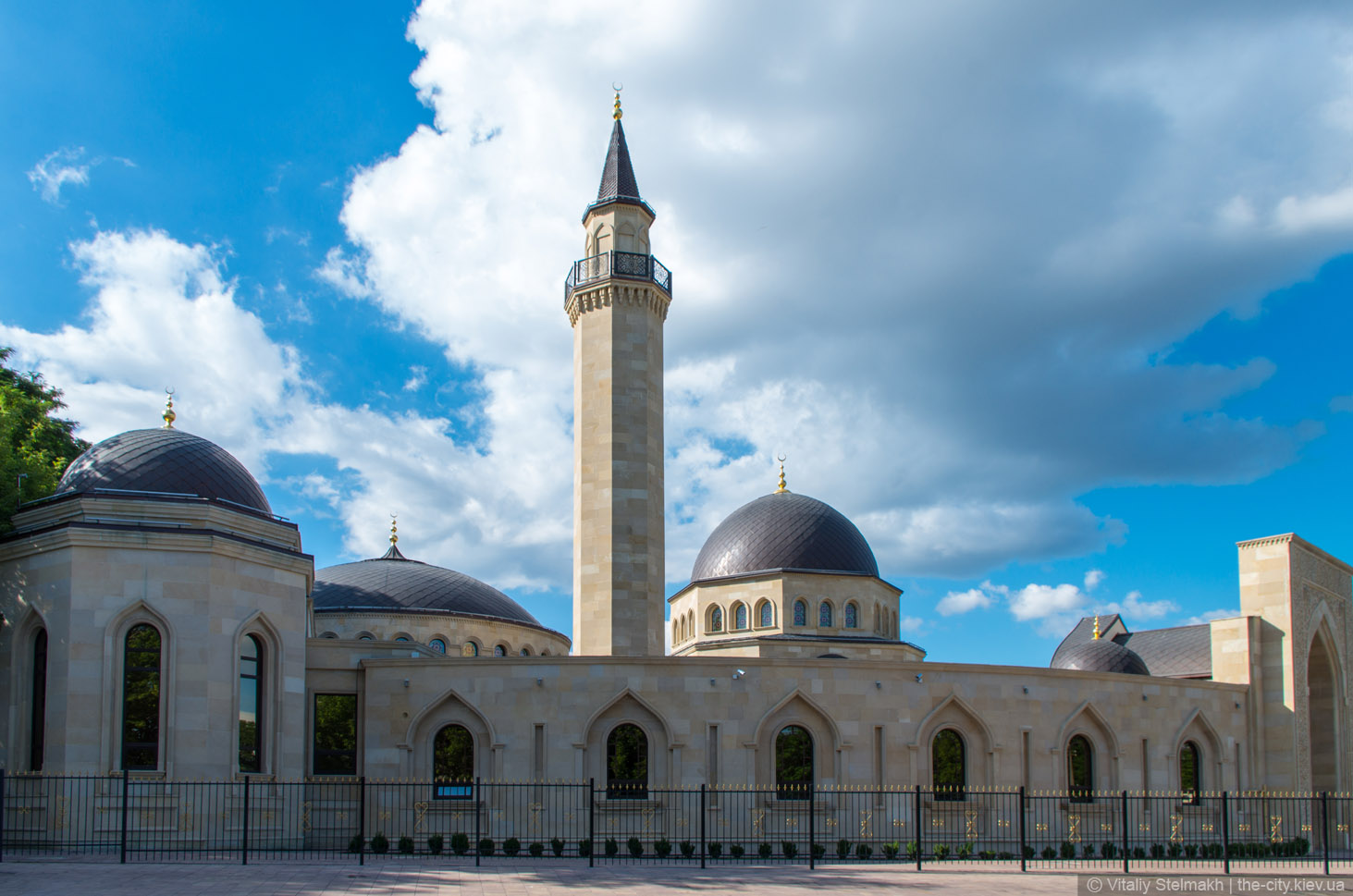
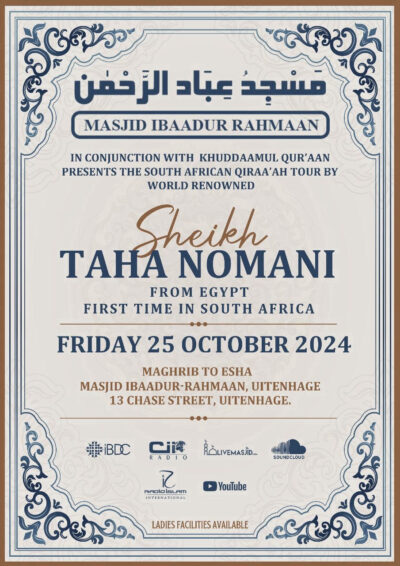
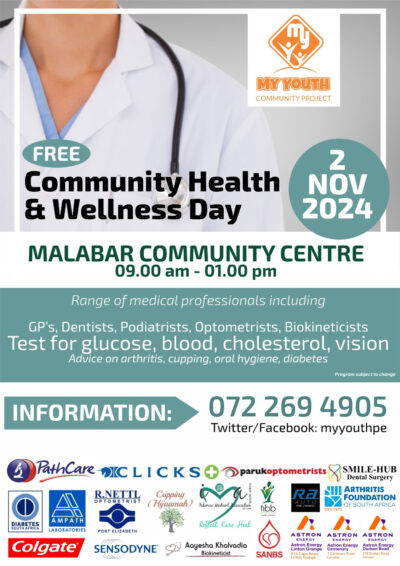
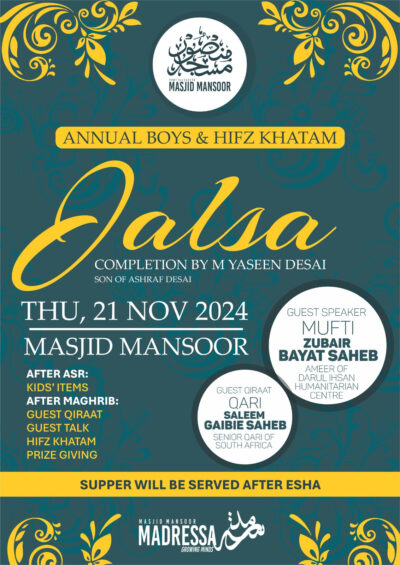
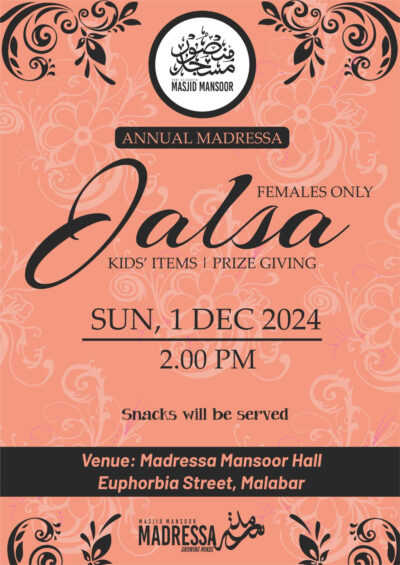

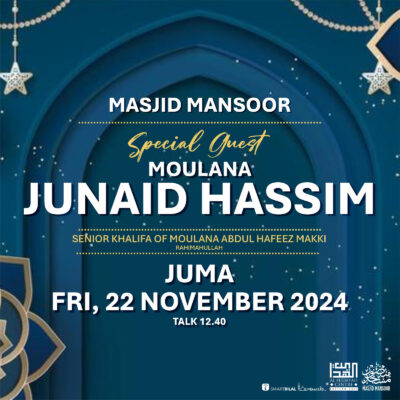
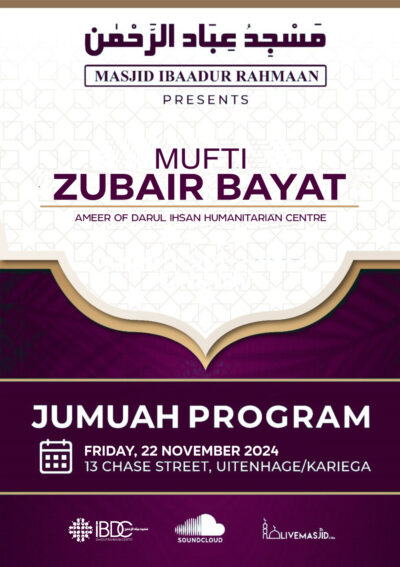
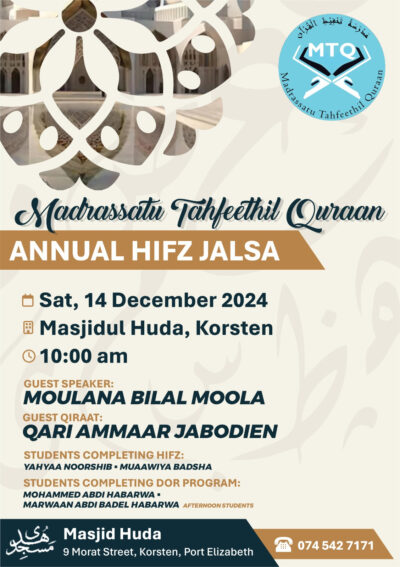



COMMENTS